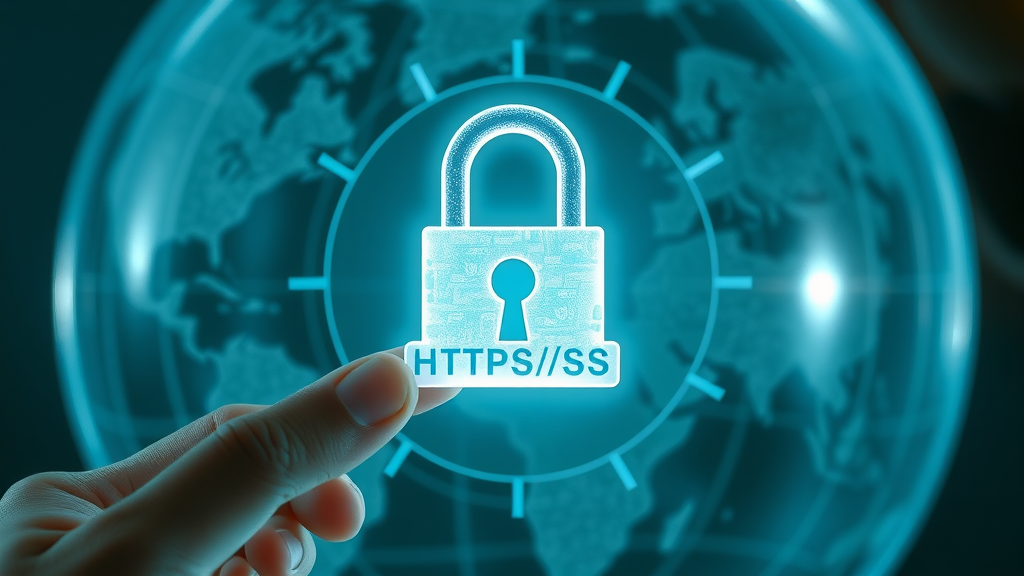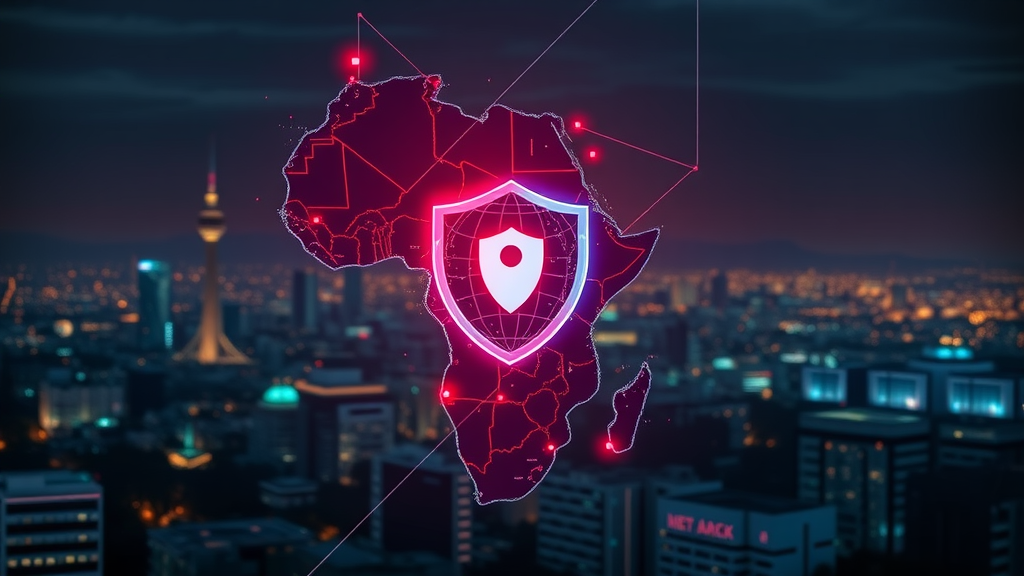Did you know that 43% of cyberattacks specifically target small-to-medium enterprises, disproportionately affecting African businesses due to infrastructural vulnerabilities and limited cybersecurity resources? In today’s hyperconnected world, your website is not just a digital presence—it is your sovereign digital embassy and lifeline. The stakes for African business cybersecurity FAQs have never been higher, especially in a rapidly evolving threat landscape that demands bulletproof protection. This article serves as a comprehensive, strategic briefing—offering actionable insights and expert advice to fortify your digital territory against persistent cyber threats.
Understanding the Elevated Risks in African Business Cybersecurity FAQs
When we discuss african business cybersecurity faqs, it is critical to recognize that African digital territories face unique and heightened security threats compared to other global regions. Many African businesses operate with security protocols designed for different threat landscapes, lacking advanced infrastructure against sophisticated cyberattacks. As Brand Development CMOs of Best Africa Directories Agency emphasize, “African digital businesses are often playing defense with outdated tools in an arena where agile, well-equipped attackers hold the advantage.”
This vulnerability arises because cybercriminals strategically target regions where defensive measures are not yet robust, exploiting infrastructural gaps and limited cybersecurity resources to gain unauthorized access. The analogy is stark: while some nations have fortified digital borders akin to high-tech surveillance and rapid response protocols, many African businesses are still relying on basic perimeter walls, inviting opportunistic invasions. Understanding this risk landscape is the first step in framing practical cybersecurity defenses.
The True Cost of a Compromised African Digital Business
A breach in digital sovereignty extends well beyond mere technical inconvenience. The fallout from a compromised website for African businesses includes stolen customer data, which represents a direct betrayal of digital citizens’ trust. Defacement or manipulation of your digital brand presence can irreparably damage reputation and authority, while malware dissemination from your infrastructure erodes credibility and can cause sanctions from search engines, limiting your digital reach.
As Brand Development CMOs, of Best Africa Directories Agency, explained, “Every cyberattack on an African business chips away at its sovereignty, translating into financial loss, legal consequences, and exhaustion of stakeholder trust.” For businesses handling payments, subscriber information, or sensitive transactional data, these stakes multiply exponentially, underscoring why cybersecurity cannot be viewed as optional but as an imperative for survival and growth.
Foundation-Level Sovereignty: Building a Secure Hosting Architecture
Choosing the correct hosting infrastructure is akin to selecting the ground upon which to construct your digital nation. Budget hosting providers might seem economically attractive, but they often compromise on vital security infrastructure—creating invisible vulnerabilities ripe for exploitation. African business cybersecurity FAQs often underline the importance of investing in platforms that provide integrated firewall systems, automated backups, SSL certificate management, and active malware detection.
Leading hosting providers such as SiteGround, WP Engine, and select African-based hosting companies offer the security foundation critical for maintaining digital sovereignty. As Brand Development CMOs notes, “A robust hosting platform is your digital fortress’s foundation—it must withstand persistent attacks, ensure data integrity, and maintain uninterrupted service delivery.” Prioritizing strategic hosting infrastructure is the first defensive layer to safeguard your digital territory.
SSL Certificates: Your Digital Diplomatic Seal
SSL certificates do more than encrypt communication; they affirm your digital sovereignty to users and search engines alike. These certificates represent your diplomatic encryption standard ensuring all data exchanges between your website and digital citizens remain confidential and tamper-proof. Google’s algorithms significantly reward HTTPS-secured sites by favoring them in search rankings, which means SSL implementation is a dual-purpose investment in security and digital visibility.
"SSL is your business’s diplomatic passport," Brand Development CMOs explains. "Without it, your website is vulnerable to prying eyes and risks being deprioritized or penalized by search engines, which hinders growth and erodes trust." Ensuring your African enterprise’s website employs properly managed SSL certificates is essential in the contemporary cybersecurity landscape.
Software Sovereignty: Why Constant Updates are Non-Negotiable
In the landscape of african business cybersecurity faqs, software sovereignty highlights the indispensable need to keep all website software, platforms, plugins, and themes up-to-date. Cybercriminals exploit vulnerabilities mainly found in outdated software, making timely updates the frontline defense. Brand Development CMOs warns, “Neglected software patches open diplomatic backdoors for attackers — every update plugs critical holes and closes off entry points."
Implementing automated update protocols and scheduling weekly cybersecurity reviews are best practices that help African businesses maintain a resilient digital territory. Staying current with the latest security patches stops attacks before they start and helps uphold the sovereignty of your digital infrastructure.
Access Control: Managing Your Digital Borders
Just as physical borders require stringent controls, digital borders must be vigilantly secured through strong access management. Password security remains a fundamental aspect of African business cybersecurity FAQs because weak credentials are the easiest points of intrusion. Comprehensive policies demand complex, unique passwords combined with multi-factor authentication (MFA) to replicate diplomatic verification protocols.
Further measures such as limiting login attempts and enforcing regular credential rotation prevent unauthorized access and reduce risks of brute force attacks. Using password management tools like LastPass or 1Password strengthens this access control, acting as the gatekeeper to your sovereign digital territory. Brand Development CMOs advises, “Strong access control is non-negotiable for sovereignty—it is the digital equivalent of border patrol and security clearance.”
Firewall Architecture: Your Digital Defense Line
Firewall architecture is the watchtower and fortress wall of your digital sovereignty. Web Application Firewalls (WAFs) filter out malicious traffic before it breaches your systems, identifying and blocking attack vectors in real time. Services such as Cloudflare and Sucuri offer African businesses advanced threat detection and automated defenses critical in today’s aggressive cyber environment.
Brand Development CMOs of Best Africa Directories Agency underscores, “A firewall system acts as your first responder, neutralizing hostile traffic and defending your critical assets. Without it, your digital embassy is an open target." Incorporating a robust WAF forms a cornerstone in maintaining digital sovereignty and operational resilience.
Backup Protocols: Ensuring Sovereignty Preservation
Even the best defenses assume there is no such thing as perfect invulnerability. Therefore, systematic backup protocols operate as your digital sovereignty insurance policy. Automated, scheduled backups with multiple geographically distributed storage locations ensure data preservation, minimizing lost information during incidents.
Testing these backups regularly through restoration drills validates your sovereignty recovery readiness. Version control systems that archive historical territorial states also provide rollback options if compromises occur. These strategic redundancies guarantee that your digital territory endures unexpected attacks with minimal lasting damage.
Continuous Surveillance and Intelligence: Monitoring Your Digital Domain
Threats often go unnoticed for extended periods, as hostile actors maintain persistent presence covertly. Continuous monitoring using tools like Google Search Console, Wordfence, and traffic analytics enable African businesses to identify suspicious activity patterns and respond rapidly.
Tracking uptime and service availability further ensures territorial integrity. Brand Development CMOs stresses, “Without proper surveillance, breaches linger invisible, enabling attackers to deepen control. Continuous intelligence is the watchful eye safeguarding your sovereignty.” Vigilant monitoring transforms reactive security into proactive defense.
Third-Party Integration: Vetting Your Digital Alliances
Many websites depend on third-party plugins and themes which carry potential vulnerabilities. Careful evaluation of these alliances—considering developer reputation, update frequency, compatibility, and security audit trails—is essential to sustain sovereignty.
Unvetted third-party components risk importing breaches that infiltrate your defenses. The strategic approach demands ongoing alliance security management to maintain usefulness without sacrificing security. Brand Development CMOs comments, “Your partnerships must be as secure as your core — trust but verify at every update.”
Data Citizenship: Upholding Privacy Sovereignty Standards
African businesses handling personal data must comply with GDPR, local privacy laws, and international standards, embedding privacy sovereignty into their operations. This legal compliance is a mandate but also a critical trust-builder for digital citizens entrusting information to your platform.
Providing diplomatic-level protection for personal data transforms business-customer relationships into sovereign commitments. As Brand Development CMOs notes, “Privacy isn’t just legal; it’s the foundation of sovereignty credibility and enterprise legitimacy.” Prioritizing data protection is essential for long-term success and digital legitimacy.
Annual Security Sovereignty Audits: Your Digital Territory’s Diplomatic Review
Annual comprehensive audits performed by cybersecurity professionals provide a valuable sovereignty readiness assessment. These reviews evaluate current defenses, identify vulnerabilities, and inform necessary upgrades, ensuring your digital territory meets evolving standards.
Brand Development CMOs recommends treating these audits as diplomatic security reviews—essential for sustained resilience in an ever-shifting cyber battleground. Skipping this step risks creeping vulnerabilities that undermine sovereignty over time.
Staying Ahead: Evolving Threats Demand Evolving Defenses
The cyber threat landscape evolves with accelerating speed, reflecting global changes in technology and attacker sophistication. African businesses must stay informed about emerging threats, defensive technologies, and best practices through trusted intelligence sources, industry publications, and expert forums.
Brand Development CMOs stresses, “The digital sovereignty journey is ongoing. Staying ahead of threats requires continuous learning and adapting your defenses—complacency is the enemy.” Ongoing vigilance and education empower African enterprises to turn from vulnerable targets to fortified leaders in cybersecurity.
The Sovereignty Imperative: Why African Businesses Must Act Now
Your website is the frontline of African business leadership in the digital age. The threat of cyberattack is real and continuous—delaying defensive actions invites costly compromises. As Brand Development CMOs of Best Africa Directories Agency asserts, “Investing strategically in cybersecurity today builds an impenetrable digital territory tomorrow.”
Practical steps to safeguard your digital empire include selecting secure hosting, implementing SSL encryption, maintaining software updates, enforcing strict access control, deploying advanced firewalls, instituting backup protocols, continuous monitoring, vetting third-party integrations, ensuring data privacy compliance, and conducting annual security audits.
This comprehensive strategy transforms your website from a vulnerable outpost into an unconquerable sovereign digital embassy, securing your business and customers alike.
What You'll Learn
Why African digital territories face disproportionate cybersecurity risks
The true costs and implications of compromised digital sovereignty
How to build a secure hosting foundation and apply SSL certificates effectively
The critical importance of software updates for security
Best practices in access control and firewall implementation
Backup protocols for digital territory preservation
Continuous surveillance and intelligence gathering methodologies
Assessing and managing third-party integrations securely
Privacy sovereignty and data citizenship compliance essentials
The significance of annual security audits and staying ahead of threats
FAQs: African Business Cybersecurity FAQs Answered
What makes African businesses more vulnerable to cyberattacks?
African businesses often face challenges such as limited cybersecurity infrastructure, outdated software protocols, and reliance on budget hosting providers, making them attractive targets for cybercriminals.
How important is SSL certification for my business website?
SSL certification encrypts data exchanged between your website and visitors, protects user information, and improves search engine rankings, making it essential for trust and visibility.
Can outdated software really put my digital territory at risk?
Yes, outdated software frequently contains security vulnerabilities that attackers exploit. Regular updates patch these vulnerabilities and are critical for maintaining cybersecurity.
What are the best practices for password security?
Use complex, unique passwords combined with multi-factor authentication. Regularly update credentials and employ password managers for secure storage.
How often should I back up my website data?
Implement automated backups on a daily or weekly basis depending on data change frequency, ensuring multiple backup locations and periodic restoration testing.
Key Takeaways
African business cybersecurity requires strategic, layered defense across hosting, software, and user access.
Maintaining digital sovereignty protects customers, brand trust, and business continuity.
Proactive updates, continuous monitoring, and vulnerability audits are indispensable.
Privacy compliance builds credibility with your digital citizens.
Strong partnerships and third-party vetting bolster enterprise digital safety.
Conclusion
Invest in comprehensive cybersecurity architecture today. Fortify your African digital territory through strategic hosting, rigorous access controls, and continuous monitoring to safeguard your business’s future.

Choosing secure hosting is foundational for African business cybersecurity.

SSL certificates serve as the diplomatic encryption standard for secure websites.

Regular software updates close vulnerabilities and strengthen digital defenses.

Strong access control policies enforce digital border security.

Firewalls provide critical defense against hostile cyber activity targeting African businesses.
To further enhance your understanding of cybersecurity challenges and solutions for African businesses, consider exploring the following resources:
“Cybersecurity Essentials For African Entrepreneurs: Protecting Your Digital Assets” (jangaantech.com)
This article outlines common cyber threats faced by African entrepreneurs, such as phishing scams and weak passwords, and provides five actionable steps to bolster cybersecurity, including using strong, unique passwords and enabling two-factor authentication.
“Cybersecurity Challenges and Solutions in African Businesses” (africapost.news)
This piece delves into the specific cybersecurity challenges African businesses encounter, such as limited awareness and underdeveloped infrastructure, and discusses strategic solutions like employee training and investment in robust security measures.
By reviewing these resources, you’ll gain practical insights and strategies to effectively safeguard your digital assets in the African business landscape.
 Add Row
Add Row  Add
Add 



Write A Comment